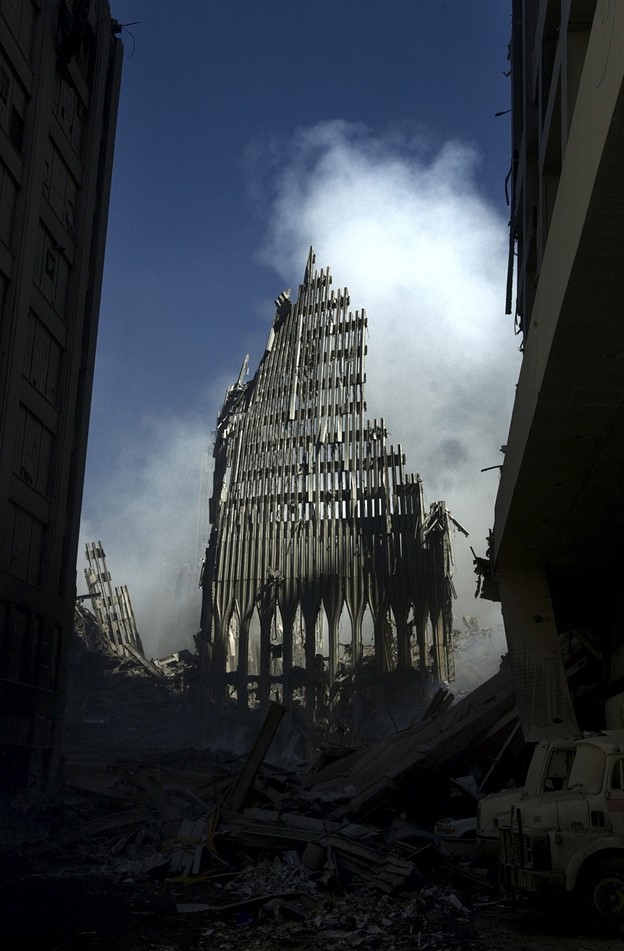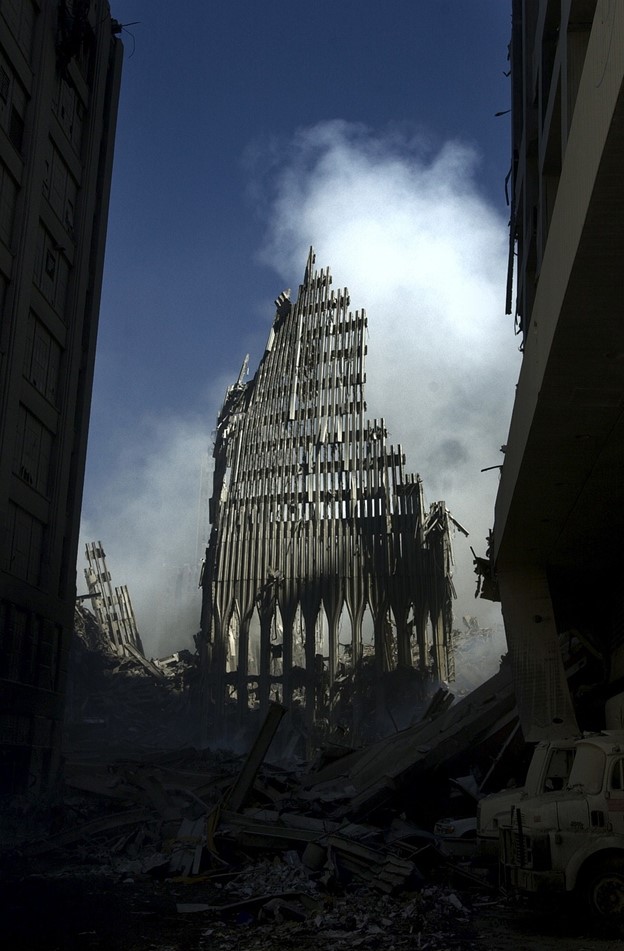The New York Analysis of Policy and Government provides key excerpts from the State Department’s Country Reports on Terrorism 2022.
In Afghanistan, al-Qa’ida elements, ISIS, and regionally focused terrorist groups remained active in the country. ISIS-Khorasan (ISIS-K) continued to conduct terrorist attacks against Afghan civilians, particularly members of the Shia community, and the Taliban. In 2022, ISIS-K conducted cross-border attacks in Pakistan, Tajikistan, and Uzbekistan and maintained ambitions to attack the West. Al-Qa’ida and its affiliates, particularly al-Qa’ida in the Indian Subcontinent, also remained intent — but lacked the capability — to directly attack the United States from Afghanistan. While the Taliban committed to preventing terrorist groups from using Afghanistan to conduct attacks against the United States and its allies, its ability to prevent al-Qa’ida elements, Tehrik-e-Taliban Pakistan, and ISIS-K from mounting external operations remained unclear. The Taliban hosted and sheltered al-Qa’ida leader Ayman al-Zawahiri in Kabul before his death in a U.S. airstrike on July 30, 2022.
Iran continued to be the leading state sponsor of terrorism, facilitating a wide range of terrorist and other illicit activities around the world. In 2022, Iran increasingly encouraged and plotted attacks against the United States, including against former U.S. officials, in retaliation for the death of Islamic Revolutionary Guard Corps-Qods Force (IRGC-QF) Commander Qasem Soleimani. In August an Iran-based IRGC member was charged with attempting to arrange the murder of a former U.S. National Security Advisor. Regionally, Iran supported acts of terrorism in Bahrain, Iraq, Lebanon, Syria, and Yemen through proxies and partner groups such as Hizballah and al-Ashtar Brigades. Globally, the IRGC-QF and the Ministry of Intelligence and Security remained Iran’s primary actors involved in supporting terrorist recruitment, financing, and plotting across Africa, Asia, Europe, and North and South America.
(Editor’s note: We believe portions of this paragraph are more involved with domestic politics than counter-terrorism) Racially or ethnically motivated violent extremism constituted a growing, transnational threat to the United States and U.S. allies. Violent white supremacists and anti-government, accelerationist, and like-minded individuals continued to promote violent extremist narratives, recruit new adherents, raise funds, and conduct terrorist activities in the United States and worldwide. The October 12 shooting at an LGBTQI+ bar in Slovakia, which left two persons dead and one injured, demonstrated how individuals can be inspired by U.S.-based REMVE attacks and the broader REMVE movement. The perpetrator posted an online so-called manifesto that pointed to previous REMVE attacks worldwide, including the recent U.S.-based attacks in Buffalo, New York, and El Paso, Texas, and the 2019 attacks in Christchurch, New Zealand, and Poway,
As terrorist threats morphed and metastasized, the United States adapted its counterterrorism approach and marshalled international efforts to counter global terrorism. The United States prioritized multilateral engagements to advance U.S. counterterrorism priorities, bolster partner capacity to implement international obligations and commitments, and promote greater burden sharing.
In 2022 the Department of State provided more than $16 million in FY 2021 foreign assistance funding to support an array of United Nations counterterrorism capacity building efforts implemented by members of the UN’s Global Counterterrorism Compact. To maintain international momentum on the use of battlefield evidence to investigate and prosecute terrorism cases, the International Institute for Justice and the Rule of Law (IIJ) — supported through U.S. funding in 2022 — trained more than 450 criminal justice practitioners on critical issues such as REMVE, battlefield evidence, counterterrorism prosecutions, mutual legal assistance, and juvenile justice. In September, our Counterterrorism (CT) Bureau partnered with the IIJ to convene a dialogue regarding battlefield evidence from Afghanistan. The event brought together 50 military, law enforcement, and criminal justice practitioners and policy-makers from the United States, the European Union, and select countries to discuss practical steps for successfully sharing and using battlefield evidence to enhance broader security and support criminal justice proceedings and international accountability efforts.
The Department of State co-led the U.S. delegation to the first in-person meeting of the Heads of Delegation G-7 Roma-Lyon Group on Counterterrorism and Transnational Crime since 2019. The group’s dialogue focused on addressing issues such as REMVE and the situation in Afghanistan, and emerging threats such as voluntary foreign fighters, the use of unmanned aerial systems for terrorist purposes, and the trafficking of small arms and light weapons in the context of Russia’s war of aggression against Ukraine. The United States also leveraged other multilateral organizations, such as NATO, INTERPOL, the Organization for Security and Cooperation in Europe, the Organization of American States, the Association of Southeast Asian Nations, the Council of Europe, and Hedayah to advance these issues.
Additionally, the United States continued to bolster partner capabilities to detect, disrupt, and dismantle terrorist networks. The CT Bureau and the Terrorist Screening Center continued to explore new and expanded information sharing arrangements under Homeland Security Presidential Directive-6 (HSPD-6) with foreign partners that allow the United States and these HSPD-6 partners to exchange terrorist screening information to identify known and suspected terrorists. These efforts also improve compliance with UN Security Council resolution 2396, which includes international obligations for countries to screen for and collect information to prevent terrorist travel and strengthen border security. As of the end of 2022, the Department of State’s comprehensive border system, PISCES, was deployed in 23 countries, providing real-time border security for partners across the globe. In 2022, the CT Bureau completed 21 visits to foreign partners to conduct system updates, reduced the support backlog resulting from COVID-19 travel restrictions, and continued to reconstitute the PISCES program at ports of entry in Yemen. Two new countries — Colombia and Eswatini — signed a Memorandum of Intent in 2022 to establish PISCES programs in their countries.
Another major effort in 2022 was facilitating the repatriation, rehabilitation, reintegration, and, where appropriate, prosecution of ISIS foreign terrorist fighters and family members. To ensure that ISIS fighters and family members captured by the Syrian Democratic Forces (SDF) never return to the battlefield, the United States continued to lead by example in bringing back its citizens and prosecuting them when applicable. As of 2022 the United States has repatriated a total of 39 U.S. citizens from Syria and Iraq. In 2022 the CT Coordinator also served as the Defeat-ISIS Detainee Coordinator and established the al-Hol Working Group to coordinate the United States’ effort to address the security and humanitarian crisis in al-Hol displaced persons camp and detention facilities in northeast Syria. Additionally, in 2022, more than 3,000 fighters and family members were repatriated to 14 different countries of origin — more than 2020 and 2021 combined. The CT Bureau worked closely with the SDF and partner governments, as well as with the U.S. Departments of Justice and Defense and the intelligence community, on these engagements.
The United States continued to promote a whole-of-government, whole-of-society approach to prevent and counter violent extremism (CVE) by engaging with governments, local religious leaders, and tech companies. In October the Global Community Engagement Resilience Fund (GCERF) launched its replenishment campaign. Through this campaign, GCERF raised more than $75 million to provide alternatives for millions of people directly at risk of radicalization and recruitment to violence, and to build a safety net among 10 million other people in their communities. Since its inception, GCERF has expanded its work to more than 20 countries and has raised more than $160 million from 18 government partners. With CT Bureau funding support, GCERF will look to expand programming to countries in Central Asia, Mozambique, and Coastal West Africa with a concentration on rehabilitation and reintegration, digital literacy programming, and countering terrorist radicalization.
The Strong Cities Network (SCN) grew to more than 160 cities around the world, with 10 new members in 2022. These included the Slovak cities of Bratislava and Žilina in April, which became the first SCN members from Central and Eastern Europe. In November the network also launched a Western Balkans Regional Hub, which aims to engage more municipalities in the region on CVE efforts within their respective communities.
Finally, the United States continued to support the Christchurch Call to Action to Eliminate Terrorist and Violent Extremist Content Online (CCTA), an international partnership involving governments, private sector technology companies, and civil society organizations to address terrorism and violent extremist content online. In October, CT Bureau supported U.S. participation in the 2022 CCTA Leaders’ Summit, closely coordinating with the White House and interagency partners to engage with governments, tech companies, and civil society in the forum’s workstreams to better ensure that online platforms are not exploited for terrorist or violent extremist purposes, while respecting our commitments to human rights such as freedom of expression and an open, interoperable, secure, and reliable internet.
This constitutes a brief overview of the United States’ ongoing work to protect our people and our allies from the threat of terrorism. The Country Reports on Terrorism 2022 provides a detailed review of last year’s successes and the ongoing challenges facing our country and our partners — challenges that will require a continued commitment to and investment in global counterterrorism efforts going forward.
Illustration: Pixabay









